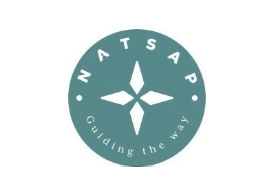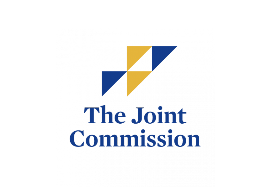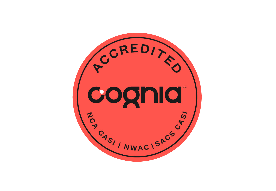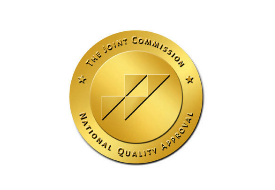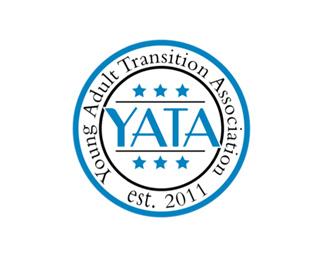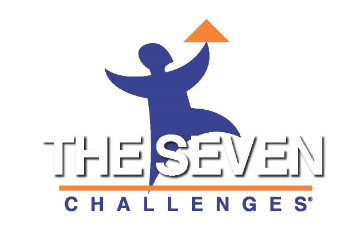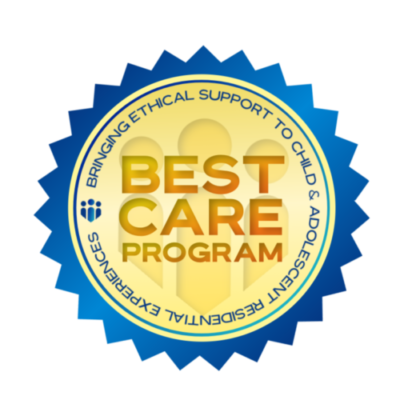The Geneva Difference
Geneva is a unique and intimate residential program catering exclusively to adolescent boys aged 14 to 17. With a limited capacity and teams of just 7-8 students, we offer unparalleled individualized care and attention. Geneva is specially designed for students who have faced challenges in other treatment settings and are in need of a structured, secure, and supportive environment to foster their growth and healing.
At Geneva, our mission is to empower adolescent boys who have faced adversity in their mental health journeys. We aspire to help them build their lives, cultivate resilience, and emerge as confident individuals ready to face the future with optimism and purpose.
Stats
Ages: 14-17
Gender: Male
School: High School
Supervision: High
Support: High
High structure and support play a pivotal role in effectively assisting behaviorally challenging teenagers in a treatment setting. Adolescents struggling with a range of emotional and behavioral issues often benefit from an environment that provides clear boundaries, routine, and constant support. Here’s how these elements contribute to positive outcomes for Geneva teens:
- Clear and Consistent Boundaries: High structure creates a safe and predictable environment. When adolescents know what is expected of them and understand the consequences of their actions, it reduces confusion and anxiety. This clear structure helps in shaping their behavior, as they learn to recognize the boundaries and expectations, leading to a sense of security and accountability.
- Routine and Predictability: Establishing daily routines can help stabilize lives. Consistent schedules for activities, therapy sessions, and chores create a sense of order and stability. This predictability can alleviate the anxiety often experienced by these teens, as they can anticipate what each day will entail. Over time, this routine can help in breaking negative behavioral patterns and fostering healthier habits.
- Peer and Group Dynamics: Structured group therapy and activities enable teens to interact with peers experiencing similar challenges. It allows them to learn from one another and gain valuable insights into different perspectives. These interactions can boost social skills, empathy, and self-awareness, which can be vital in addressing behavioral difficulties.
- Emotional Regulation: High structure and support enable staff to intervene when emotions run high, teaching adolescents how to manage anger, frustration, and stress constructively. These skills can help them avoid impulsive behaviors and make healthier choices in the long run.
Geneva’s secure environment plays a pivotal role in facilitating healing. When adolescents struggling with emotional and behavioral issues are placed in a safe and supportive setting, they can begin to rebuild trust in themselves and their surroundings. This security provides a foundation for therapeutic progress, as it reduces the constant stress and anxiety often experienced by these teens. In a secure environment, they can open up and engage in the therapeutic process, knowing they are protected from harm. This sense of safety fosters a space for self-reflection, emotional growth, and the development of healthier coping mechanisms.
Geneva’s academic professionals exemplify an exceptional dedication to tailoring an academic model that caters to students who have faced challenges in other educational settings. They understand that a one-size-fits-all approach is often inadequate for those with unique needs or past academic struggles. Geneva’s team excels in identifying the specific strengths and weaknesses of each student and then crafting a flexible and personalized academic plan that accommodates their individual learning styles and requirements. This tailored approach not only allows struggling students to catch up but also fosters a sense of empowerment, as they witness tangible progress and experience the joy of learning.
Involving the family in the process of change is a fundamental aspect of Geneva’s approach to maintaining treatment gains for their students. By including parents and other family members in the therapeutic process, they equip them with the tools and understanding necessary to support their child’s progress at home. This collaborative approach helps bridge the gap between the treatment environment and real-life situations, enabling the student to apply the skills and strategies learned in therapy to their daily interactions and challenges. It also fosters better communication and a deeper understanding within the family, contributing to a more stable and nurturing home environment that further reinforces the positive changes the student has made during treatment.

